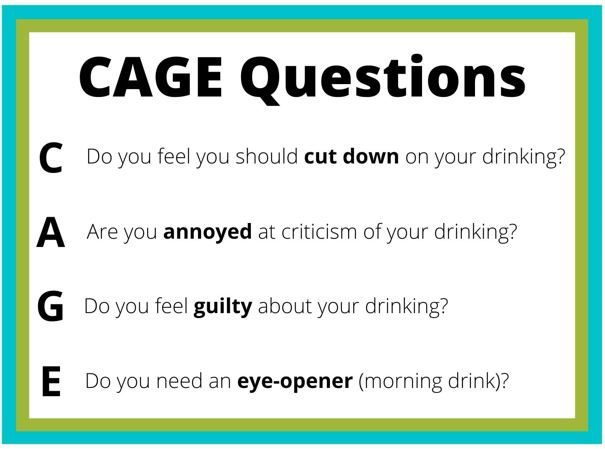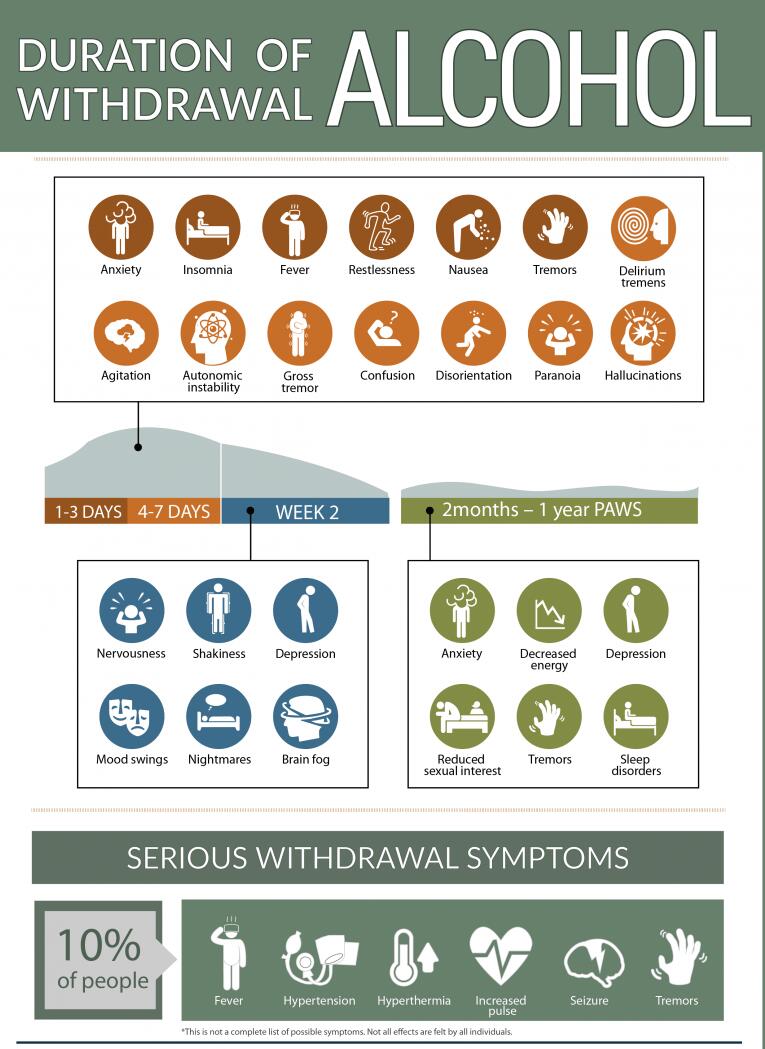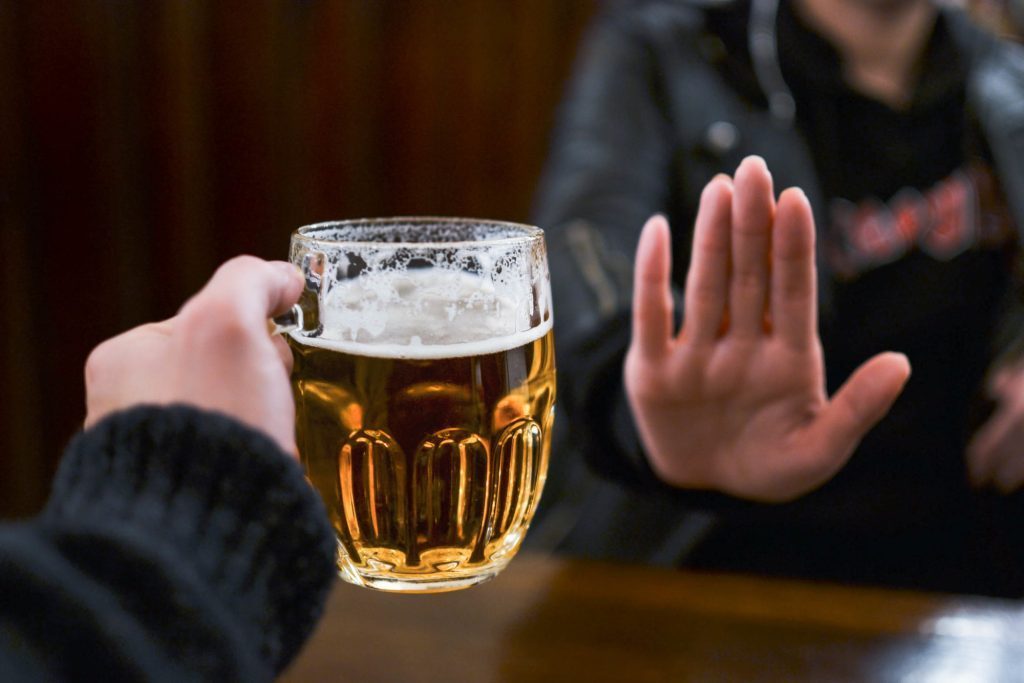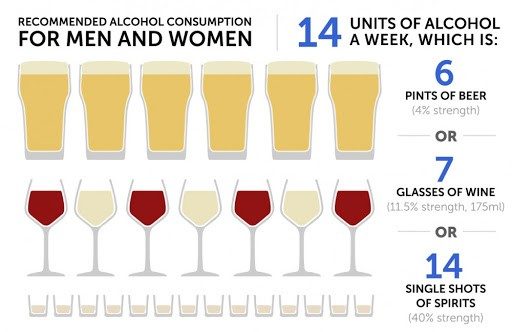Do You Need to Stop Drinking Alcohol?
A lot of people ask us: do I need to quit drinking? Our answer is simple: try it! Understanding how to stop drinking alcohol can be empowering, and taking a break is an excellent way to reveal if alcohol has taken over.
If you need a bit of motivation check if any of these apply to you:
Thinking about alcohol all the time: Many people look forward to a drink with friends or family in the evening but if you are thinking about drinking all day you may need to stop.
Drinking every day: Taking a break is important. If you can’t stop drinking for a few days or get withdrawal symptoms you may be addicted to alcohol.
Continuing to drink despite negative effects: Drinking is causing you problems: poor work or school performance, relationship issues. If you keep drinking anyway it is worth thinking about why you choose alcohol over other important things.
Withdrawal: anyone having withdrawal symptoms when they stop drinking has at least dependence on alcohol.
Family and Friends ask you to stop: It can be hard to see an alcohol problem when it is happening to you. If those who care about you are consistently asking you to drink less it may be time to listen.

How to Stop
How you stop depends on how severe your alcohol use is. Severe alcohol addiction needs rehab treatment and professional help. If you are experiencing any serious effects like seizures or hallucinations when you stop drinking it is time to go to rehab or speak to your GP.
Mild & Moderate Withdrawal
If you have only been drinking too much for a short period and quickly realised you need to stop you may be able to stop drinking on your own. Check out our page on withdrawal to check your symptoms.
Below are our tips for quitting alcohol based on what alcohol rehabs do to help support addicted people.
Tips for Quitting
- Alcohol-free Steer clear of the drinks aisle in the supermarket and ask family and friends not to bring any alcohol over. Having alcohol available and staring at you from the shelf makes it ten times harder to resist.
- Do something else – Simple, right? In rehab residents are given a new lease of life with activities, hobbies and fitness programs. You might find our recommended fitness program helpful.
- Support Groups – You might think support groups are just for people with severe alcoholism but there are more relaxed options such as recovery cafes and community mental health meetings too.
- Family and friends – ask people you trust to support and encourage you. If you have an alcohol problem you will probably find loved ones are enthusiastic about you stopping drinking.
Alcohol Withdrawal Symptoms

Another huge indicator is if someone goes through withdrawal symptoms if they don’t have a drink. The intensity of the symptoms will depend on how heavy dependence is.
Generally, withdrawal symptoms include:
- Headache
- Nausea
- Vomiting
- Shakiness
- Sweating
- Anxiety
- Insomnia
For people with more serious issues, they may have symptoms of:
- Hallucinations
- Delusions
- Confusion
- Increased heart rate
- Seizures
- Delirium tremens (DTs)
- High blood pressure
- Fever
If you or someone you love has experienced these symptoms after trying to quit, then it’s very likely you have an alcohol issue.
What Are the Consequences of Alcohol Use Disorder?
Some of the most obvious consequences of alcohol use disorder are the symptoms of withdrawal listed above. But what else can happen from this disorder?
For one, you can suffer many health issues as a result. For example, you might have excessive liver damage to the point that you have cirrhosis. Your gastrointestinal (GI) tract might also become heavily inflamed. Alcohol can also damage your heart and weaken your immune system.
You’ll also experience profound personal issues. You can become so dependent on alcohol that it completely changes your personality.
You might end up doing things you normally won’t do, such as having unsafe sex, getting into physical fights, and committing crimes. Your interpersonal and work relationships can be negatively affected because you’re either drunk or hungover all the time. Because of this, you might have severed relationships and get fired from work as well.
Why I Can’t Stop Drinking
There are several reasons why alcoholics can’t stop drinking.
One of the main factors behind uncontrollable drinking is genetics. There are 2 genes associated with the risk for alcoholism. This is what makes some people susceptible to addiction after just a few drinks in their lives, while others can keep drinking casually with no risk of addiction.
Another reason why alcoholics can’t stop drinking is that they’re self-medicating. Many people with alcohol addiction issues also have mental health disorders, usually undiagnosed. So alcohol is an escape for them.
Lastly, alcoholics also can’t stop drinking because they suffer from terrible withdrawal symptoms if they do. Like with other substances, this is why they keep using. It’s not necessarily to get drunk, but to feel “normal.”
Take Our Drinking Self-Assessment
Another way you can tell if you should try to quit is to take our drinking self-assessment. Your score at the end of the questionnaire will give you a better idea of if you have an issue.
Based on these results, you can determine whether or not you should quit alcohol on your own or with some professional help.
Solutions for Alcohol Addiction
If you’ve decided that you need to quit, then there are several solutions for alcohol addiction. Read on to find out more about each one.
12 Step Methods
The 12-step programme is an extensive recovery solution. It aims to change the person’s mindset, which starts with the admission that they can’t control their addiction.
Because this is a faith-based solution, prayer and meditation are involved in the recovery process. So make sure you’re comfortable with this before enrolling.
Home Detox
You can always detox from alcohol on your own, especially if your addiction isn’t severe and hasn’t occurred for a long period of time.
This is a good option for those who can’t leave home for rehab but still need detox medication.
The type of detox you can do at home will depend on your usage of alcohol. If you think this is the right option for you read more on our guide to home detox.
Alcohol Rehab Clinics
Alcohol rehab is one of the most effective ways to quit alcohol. These professionals will help you with detox, they’ll also give you tools to help you try to quit once and for all.
Rehab programs start with detox as an inpatient. This means you will stay in the clinic and the staff will take care of you. Everything you need is provided. Prescriptions are brought to you by the detox doctor and the care staff will take care of your other needs.
SMART Recovery
“SMART” stands for “Self-Management and Recovery Training”. This programme is for those in recovery and their loved ones. It helps people after they’ve finished with rehab and need to move forward with their normal lives afterwards.
SMART Recovery is based on cognitive behavioural therapy (CBT). It teaches people to have the right mindset to decrease their chances of relapse.
Going Cold Turkey
Going cold turkey should only be done if you only have a mild dependence or recognise that you have an issue with drinking.
Some people have the willpower to stop drinking any alcoholic beverages. But cold turkey may not be the most practical way to stop — especially for people who are dependent on a substance. Quitting too suddenly can lead to painful withdrawal symptoms and a strong urge to start using the substance again.
How to Stop Binge Drinking
You can also try to stop alcohol from taking over by taking baby steps. If binge drinking is the main issue, then you’ll want to tackle this first.
To stop binge drinking, limit how much alcohol is in your house at any given time. Also, try to avoid situations where you can access large amounts of alcohol, such as parties or bars.
Tapering
If you experience withdrawal symptoms when you don’t get enough drinks, you might consider tapering. This is slowly reducing alcohol drinks that you have in a day; it’s best to err on the side of caution.
In this case, we would recommend a home detox with a prescription from a doctor instead of tapering. Cutting down on alcohol won’t work if you are addicted.
If your dependence is so serious that you risk severe withdrawal symptoms (such as seizures or tremors), do not attempt to taper on your own. Instead, seek professional help.
General Tips for Quitting Drinking Alcohol
Earlier, we’ve mentioned some methods to quit alcohol, whether it’s with a programme or on your own. But if you want some easier and simpler ways of trying to quit, we’ve got tips for that. Here are some you can try out.
Take a Break from Alcohol
It might be daunting to think of living completely devoid of alcohol. So before you jump in with both feet, give sobriety a test run, if you will.
For example, you can go sober for October and see how you feel. It may just surprise you how easy it is to swap out your beers for non-alcoholic beverages.
You can also try a shorter period of time, but one where you’d normally have a high intake of alcohol; Christmas is a great example. See how it feels to abstain while in a setting like that, but don’t put too much pressure on yourself to make it happen.
Chat With an Advisor
Sometimes, it helps to have an expert and compassionate ear on your side. Simply having a chat with an advisor can provide some clarity about sobriety.
Our trained advisors are always on hand to give you some confidential advice. Call us on 0207205845 today.
How to Help Someone Stop Drinking Alcohol
Perhaps it’s not you who’s struggling, but a loved one. In this case, you might be wondering how to help someone stop drinking.
The good news is, there are lots of resources for friends and family. For instance, we mentioned SMART recovery earlier, which you can participate in with your loved one.
Never try to force recovery and sobriety on someone, because you can end up pushing them away. On the other hand, you shouldn’t enable their behaviours either. Never give them alcohol to try and smooth things over for the time being, as it might worsen their addiction.
How to Stop Drinking With Rehab Guide
For those still wondering how to stop drinking alcohol, rehab is the best answer, either for yourself or someone you love. Here are all the things you’ll experience in a rehabilitation centre.
Detox
First, you’ll start with detox. Medical professionals will help you get through the entire process of withdrawal. This means they’re able to prescribe medications like benzodiazepines, anticonvulsants, and barbiturates to ease withdrawal symptoms.
Some common medications prescribed are disulfiram, naltrexone, and acamprosate. Some are used during detox and also afterwards to deter relapse.
Counselling
Detoxing and medicating alone won’t prevent alcohol misuse. These need to be used in conjunction with counselling to be truly effective.
As we mentioned above, a large percentage of people who drink too much alcohol have some mental health issues. At the very least, they have triggers that drive them to drink.
In counselling, you’ll work with a professional therapist to find out what these triggers are, as well as figure out any unresolved traumas from the past. Once you’ve pinpointed these things, then you’ll work together to find healthy outlets and ways to self-soothe.
Typically, you’ll experience individual, group, and alternative therapies in rehabilitation centres. All of these therapies come together, holistically to truly heal your mind and body.
How to Recover From Alcoholism
Alcoholism is a lifelong condition, which means you’re always walking the road of sobriety. To recover from alcoholism, you need to address the root cause that drives you to drink too much. Then, you need to actively stay away from any situations that might tempt you to drink.
If you do relapse, don’t be too hard on yourself. Instead, recognise that humans make mistakes and you certainly will. The quicker you can move on from that, the less it’ll hold you back.

Stop Drinking and Find Sobriety
For most people, drinking moderately isn’t an issue. But for others, the path down to alcohol addiction can be quick and even fatal in the end.
If you or a loved one feels like they have an issue with alcohol addiction, then it’s imperative to cease drinking and find sobriety as soon as possible. Not only will it free you from a dependence that’ll negatively impact you, but it’ll also help you feel much happier and healthier!
Would you like to hear more about rehab, or do you need more information about addiction? Then contact us today. Our staff can provide you with free advice about how to stop drinking so much.

John has dedicated his life to finding treatment for those with addictions and supporting their families.
A business manager for 20 years in the construction industry John’s own experience of addiction led him to found his own rehab centre group in Scotland.
John qualified as a counsellor for people with substance misuse during his time working as a therapist and manager for the foundation. He also trained as an interventionist and appeared on ITV as a consultant helping families impacted by addiction.
He has helped thousands of people in recovery and his knowledge of the rehabilitations process and the addiction experience is unparalleled.



